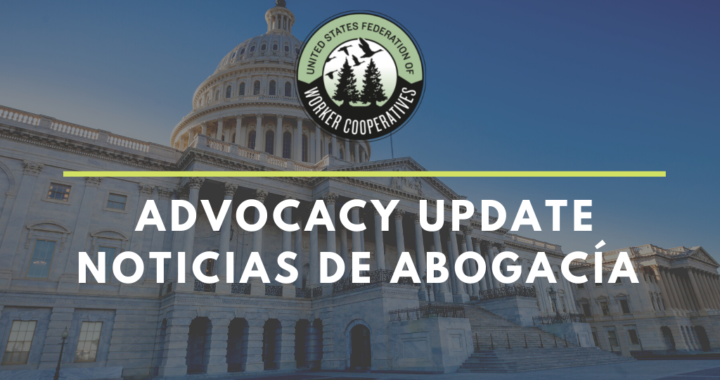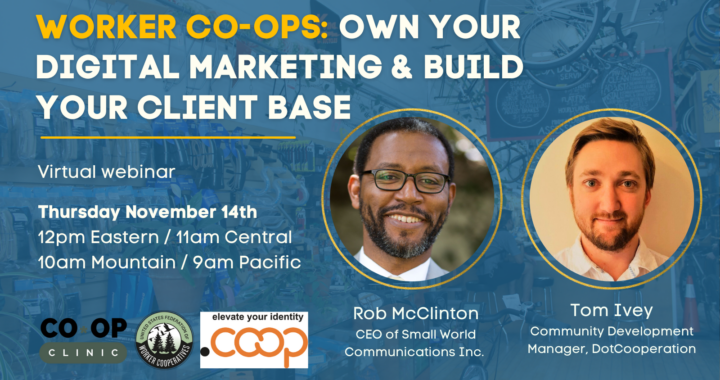Co-ops are businesses owned and governed by their members. Co-ops can form as start-ups or by converting from an existing small business. Co-ops fall into a few general categories. Consumer co-ops (e.g. credit unions, food, housing, and electrical co-ops) are owned by people purchasing the firm’s products or services. Worker co-ops are fully owned by workers, while Employee Stock Ownership Plans (ESOPs) are businesses where the employees are significant (generally non-voting) shareholders. Businesses form purchasing co-ops to either access inputs they need to operate (e.g. Ace Hardware, Associated Grocers of New England) or to sell products and services they create (e.g. Independent Retailers Shared Services Cooperative, Cabot Creamery or the state’s many lobster co-ops). Multi-stakeholder cooperatives are owned by some combination of workers, consumers and producers (e.g. Fedco Seeds, Maine Farm & Sea Cooperative).
Read more on Nonprofit Quarterly

